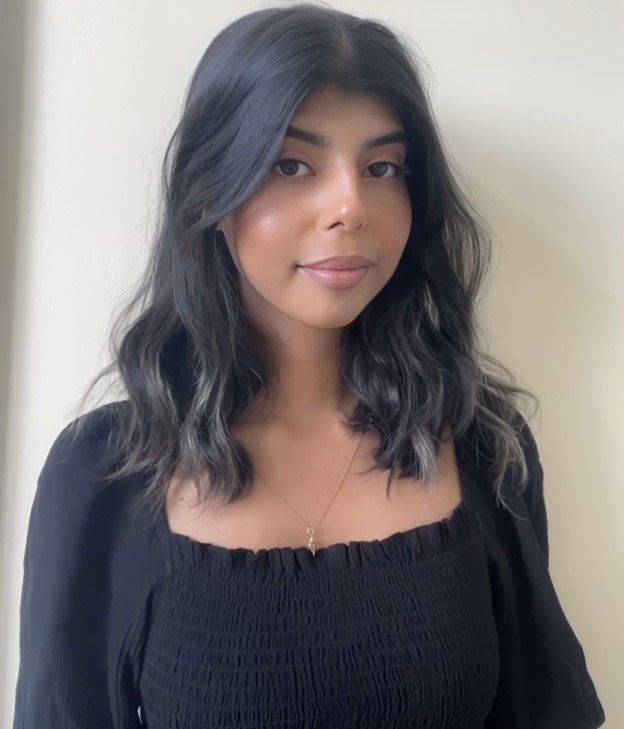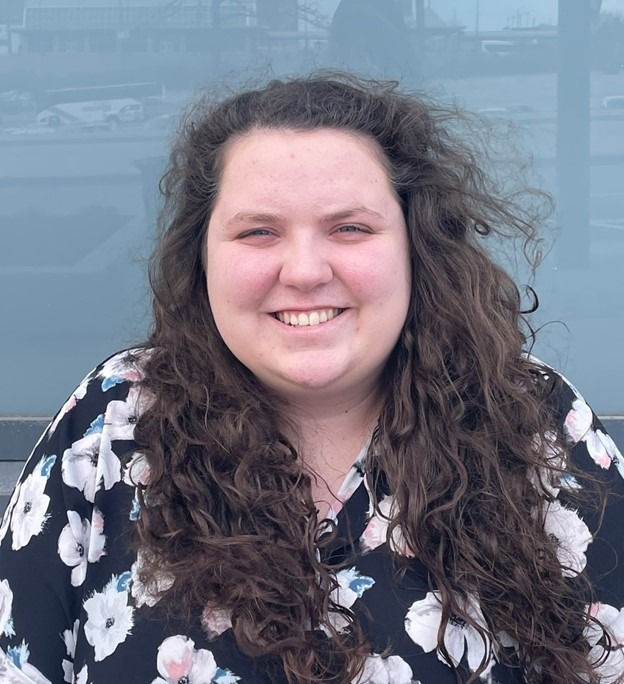Interview with Meaghan Flokstra
- May 17, 2023
- 2 min read

Khayrun Gure: What was your writing process like? Any inspirations?
Meaghan Flokstra: My writing process is always very chaotic. I struggle to write in a linear way from start to finish, so I tend to write the key parts first and then fill in the gaps later. For fiction, this method can often mean that I find inconsistencies or discover new plotline possibilities very late in the process. Writing for me is like trying to put together a puzzle that keeps changing into a whole new puzzle just as you’re about to finish, but the challenge is a big part of what makes it fun.
KG: What are you reading now?
MF: Lately, I’ve been reading a lot of poetry, especially Canadian poetry. I just picked up a copy of Issue 3 of The Ampersand Review of Writing & Publishing, and I’ve been gradually making my way through the variety of lovely poems, short stories, interviews, and reviews in there.
KG: What makes writers different from other people?
MF: The vast majority of writers I know struggle with imposter syndrome, likely because writing is such a subjective craft. Writing is also an activity that requires a lot of time and dedication, while also having a very low chance of being able to make a living off of it. So, I think that writers are unique in that we’re willing to pour a lot of effort into something that we fear we’re not very good at in an industry where even the very best often don’t earn a lot from it—simply because this is what we love. And if someone else can love what we make, then that’s pretty cool too.
KG: What, according to you, is the key element to being a great writer?
MF: Reading is, of course, a big part of it, especially reading a wide variety of genres and authors. Another major part is writing often—pushing through the writer’s block and just getting words down on the page. For me personally, the biggest growth has come from participating in workshops with other writers. If you have a team of other creatives that you can trust and if you commit to the revision process, that is when the development really starts to come through.



